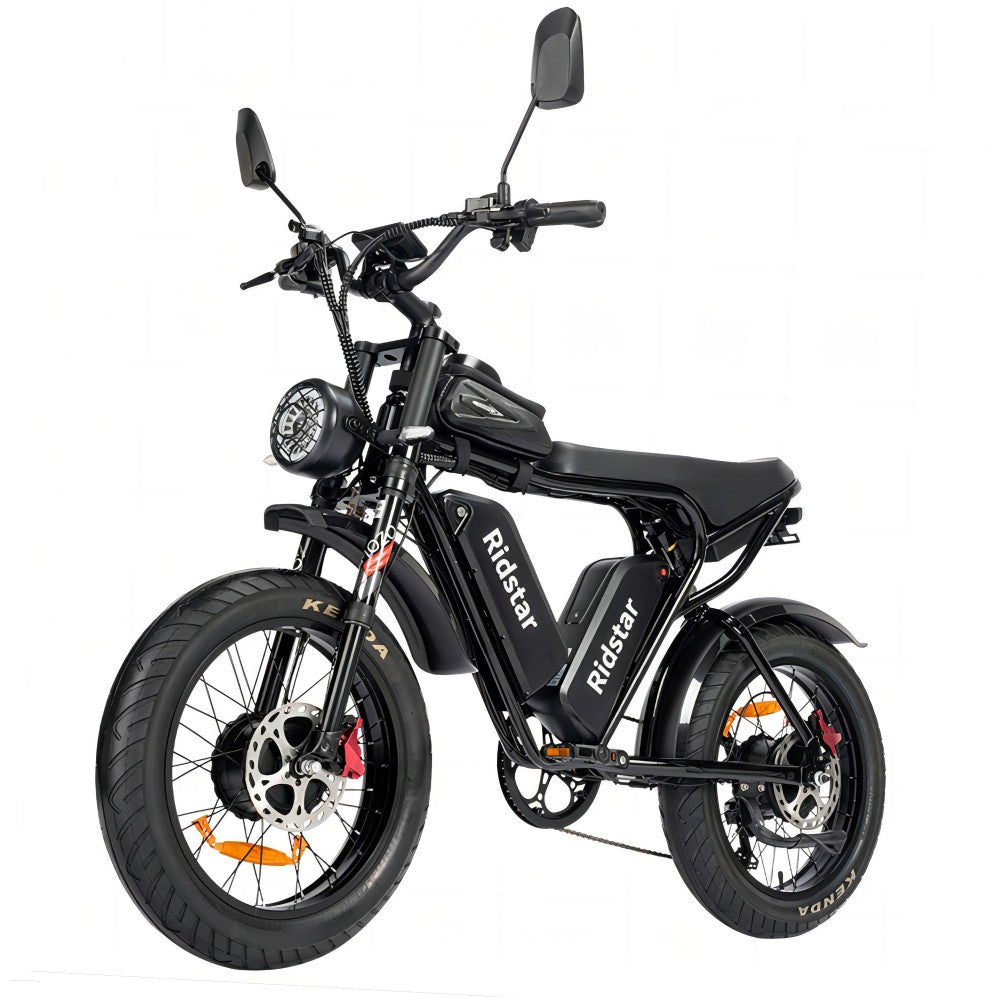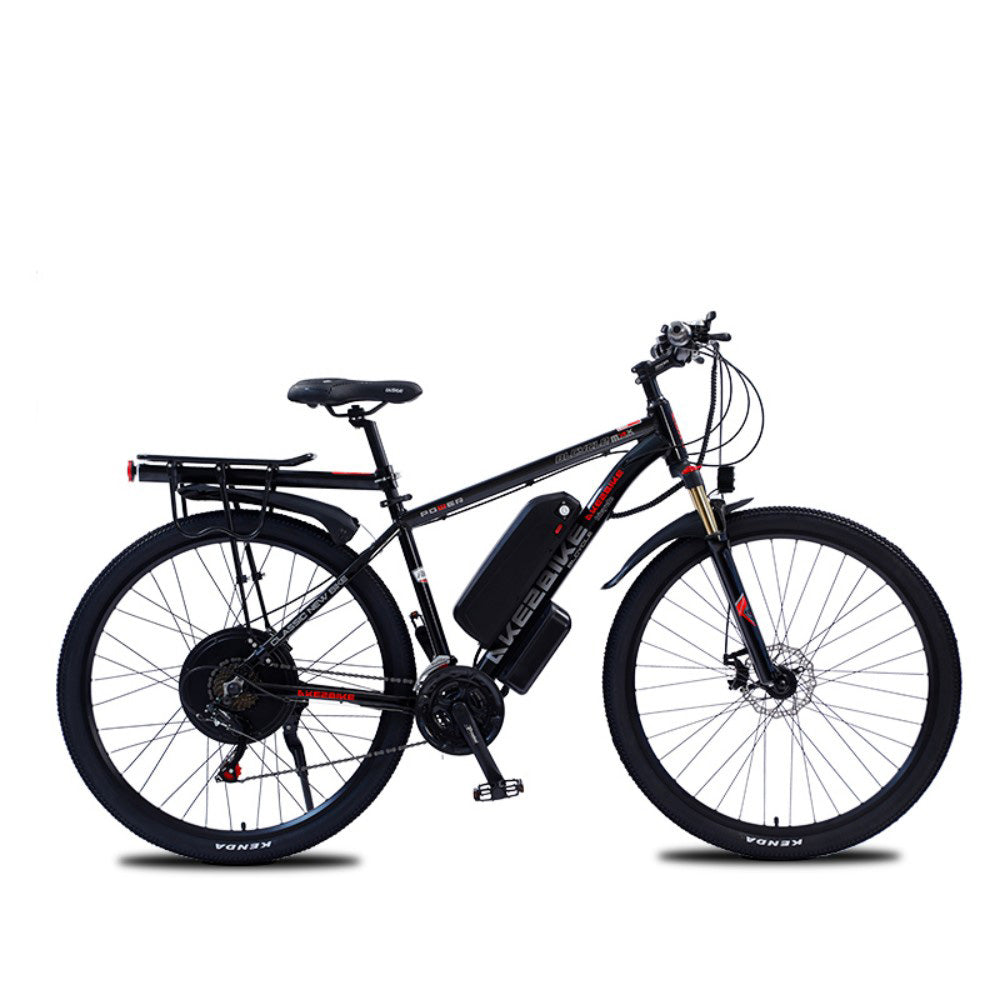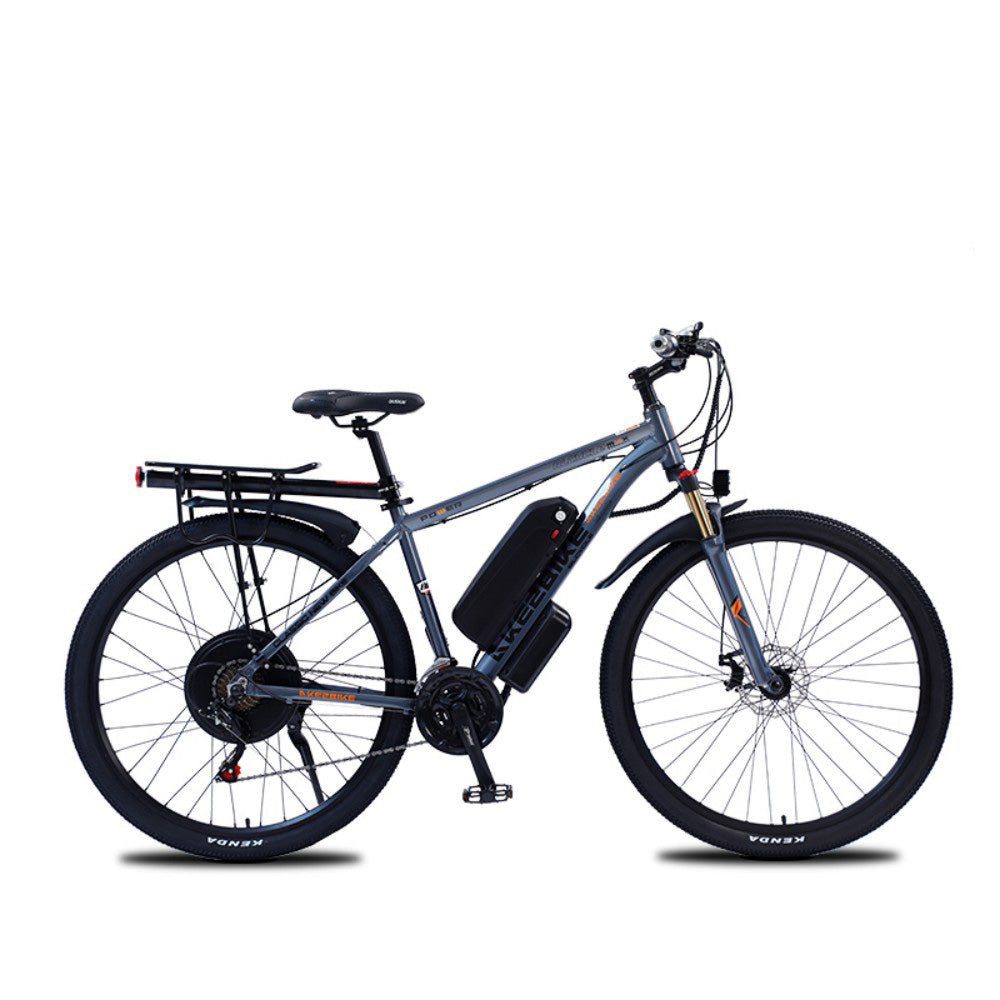Bicycle theft remains a pervasive problem in the UK. Official police data shows most stolen bikes are “closed” within 24 hours of reporting—but this often means the investigation is dropped. In fact, 87% of communities see no bicycle theft cases resolved, and nationwide suspect identification occurs in just 1.4% of reports. Despite an average of 77,313 bikes stolen yearly in England and Wales—about one every seven minutes—the actual total may be significantly higher once unreported cases are included.
Bicycle theft ranks among the top three reasons Britons abandon cycling—after safety worries and poor weather. High-end e-bikes, commuting models, family electric bikes, and cargo bikes are prime targets. For many, a stolen bike means missing work or being unable to transport children. Insurance may help cover costs but cannot compensate for daily disruption. Brands increasingly turn to integrated recovery technology at the point of sale to boost buyer confidence. Most thefts result from inadequate locks or careless parking habits. Growing concern surrounds e-bike batteries—worth £500–1,000—since they’re easily removed and resold.
The Cofidis pro cycling team recently experienced two thefts during the 2025 Tour de France. On July 5, thieves stole eleven Look bikes (valued at around €13,000 each) from the men's team’s truck after the Lille stage; fortunately, all were later recovered—five at the team hotel and the rest near the Belgian border. Shortly thereafter, during the Baloise Ladies Tour, several bikes from the women’s team were also stolen. Exact numbers and models remain undisclosed as investigations continue.
Basel is facing a surge in electric bike theft—up 36% over the past year—according to baseljetzt.ch on July 15, 2025. Yet recovery rates hover at just 4%. Stolen e-bikes frequently reappear across the border in France’s Alsace region within hours. Bikes costing CHF 2,500–5,000 are hotspots for thieves. Basel’s location in a busy tri-border zone and excellent transport links make it a theft magnet.
Swiss investigations are hindered by a lack of bike identifiers—no serial numbers or GPS trackers—making it difficult to reunite bikes with owners. Even when recovered, insufficient evidence often prevents returns. Tracking devices like AirTags are limited by jurisdiction—police can’t enter private property or operate in neighboring territories without authorisation. In response, Basel police have partnered with French Haut-Rhin authorities to form cross-border patrols—a dedicated bicycle police unit targeting organised theft rings.
Basel-Landschaft canton has also introduced a prevention scheme: bikes can be labelled and registered online, helping link recovered bikes to owners.
Introducing BicyCode: The Next Level in Bike Protection
A standout development in bicycle anti-theft is BicyCode—formerly known as Paravol. In early July 2024, Paravol merged into BicyCode under the umbrella of Ocode and Roole, combining expertise in tamper-proof marking, blockchain registration, and secure traceability.
What Does BicyCode Do?
-
Tamper-resistant marking: Either etched directly into the frame or affixed via indelible stickers, each bike receives a unique BicyCode ID.
-
National registration: Codes are logged in France's Fichier National Unique des Cycles Identifiés (FNUCI), accessible by law enforcement to confirm ownership.
-
Owner portal: Owners can manage bike status (sold, stolen, second-hand), upload documents, and share maintenance history—creating a digital bike passport.
-
Recovery aid: If stolen and recovered, police reference the code to contact owners. Buyers can also verify a bike's status before purchase.
-
Proven effectiveness: BicyCode-marked bikes are returned at rates of 7–10%, compared to just 2–3% for unmarked bikes.
Benefits for Consumers and Retailers
-
boosts buyer confidence by adding resale traceability
-
enables fleet management and enhances service offerings for dealers
-
integrates easily at point of sale and during maintenance
-
supports France’s ecological shift by protecting sustainable transport
Conclusion
Europe’s bicycle crime landscape is complex—with theft surging, recovery rates low, and cross-border crime networks flourishing. Yet solutions like BicyCode, providing secure marking, national registration, and owner traceability, bring real hope. By empowering owners, discouraging thieves, and facilitating returns, BicyCode is a crucial step forward in safeguarding Europe’s two-wheeled future.
















